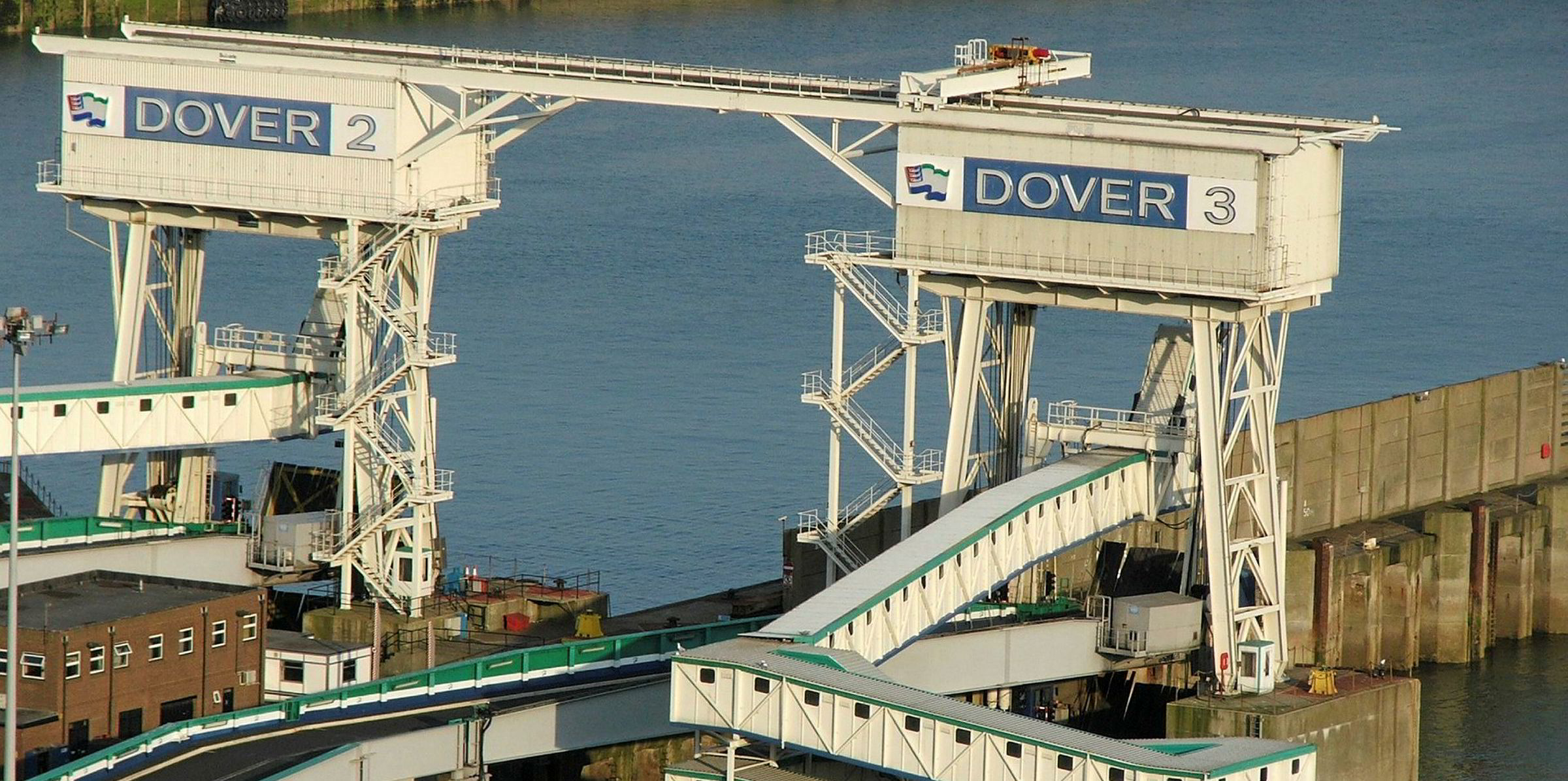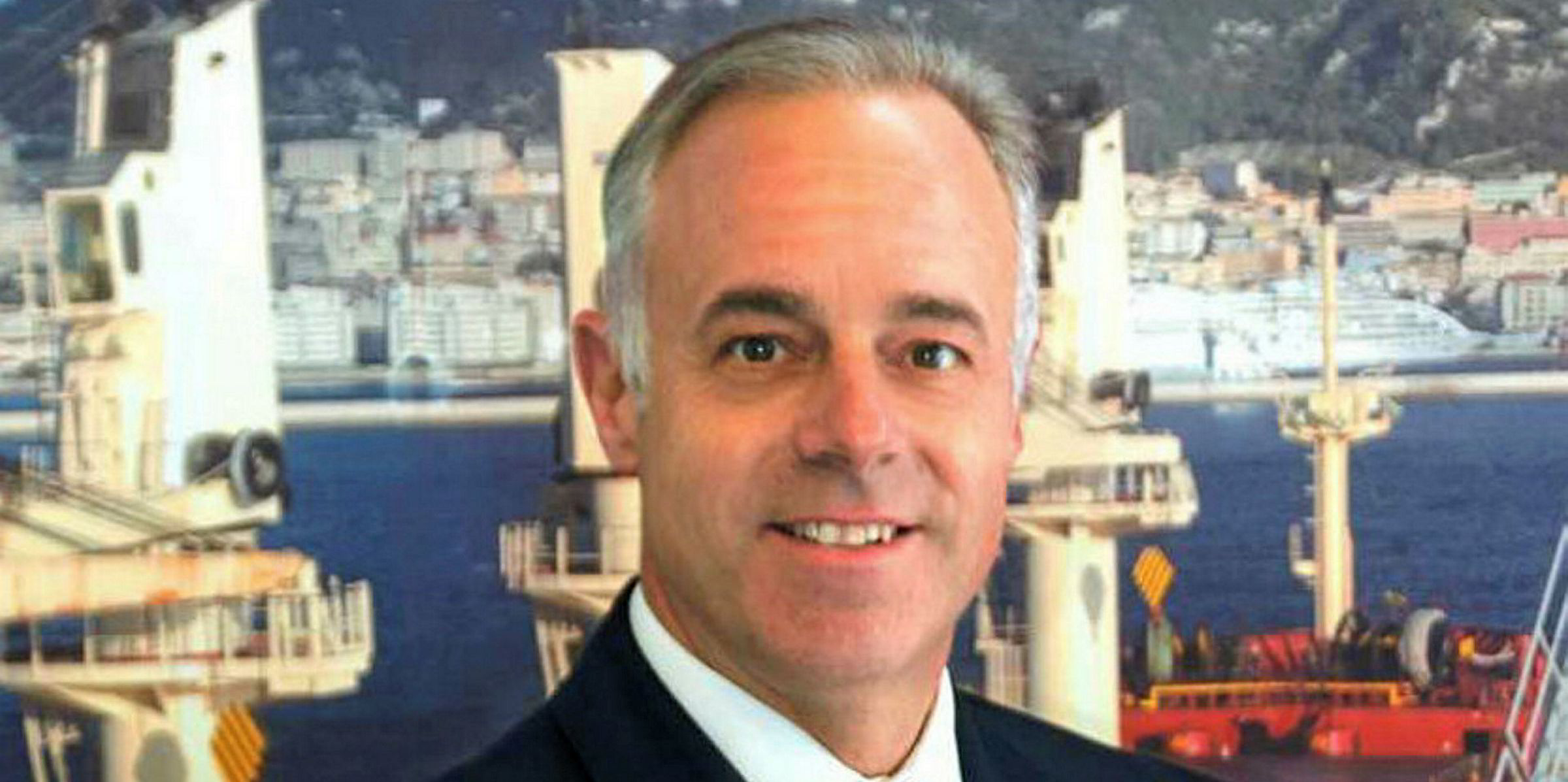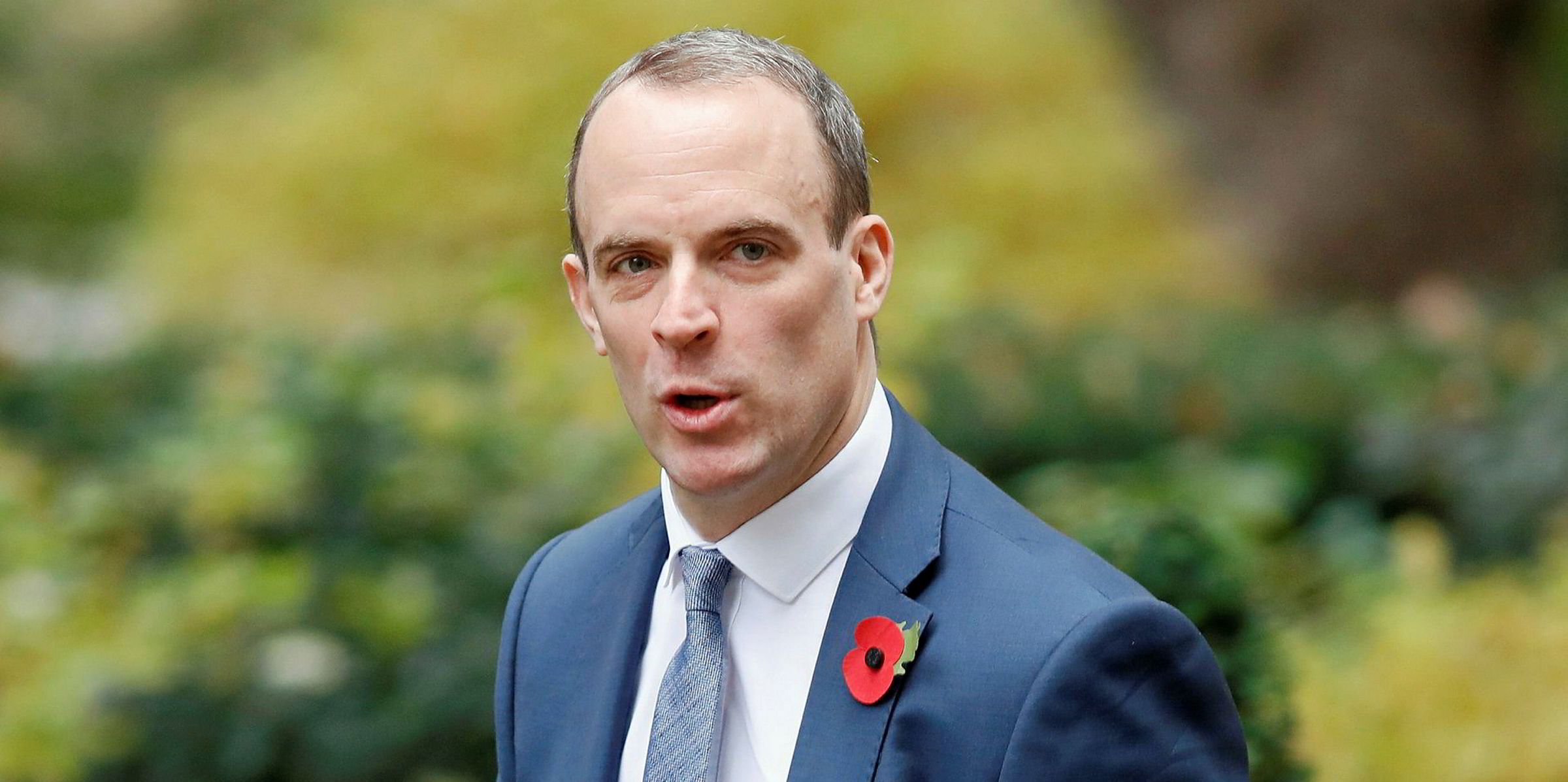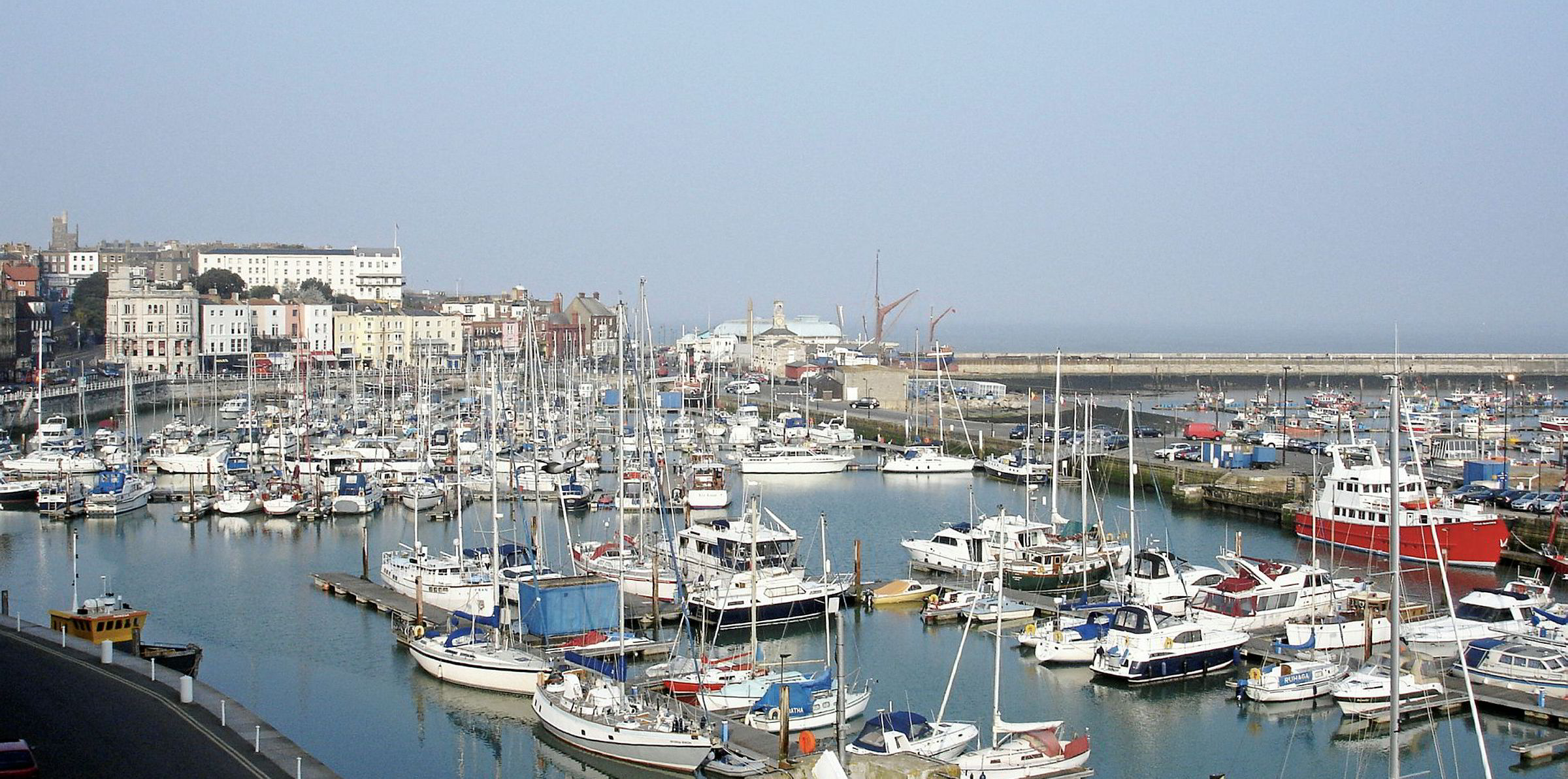The British secretary of state for exiting the European Union “had not quite understood” the importance of the Dover-Calais shipping route.
He appeared not to know that each year almost £120bn ($155bn)-worth of goods passes through the narrowest waterway between the UK and continental Europe.
We are, and I hadn’t quite understood the full extent of this, but if you look at the UK and if you look at how we trade in goods, we are particularly reliant on the Dover-Calais crossing
Almost three million heavy goods vehicles moveim through the Kent port of Dover annually, bringing 17% of Britain’s entire trade in goods, by value.
But Dominic Raab, the Brexit secretary, happens to be the key person trying to secure the best trading arrangement for his country once it leaves the EU in six months' time.
Raab's gaffe
“We are, and I hadn’t quite understood the full extent of this, but if you look at the UK and if you look at how we trade in goods, we are particularly reliant on the Dover-Calais crossing,” he told a technology conference last week.
“I don’t think there is a question of major shortages, but I think probably the average consumer might not be aware of the full extent to which choice of goods that we have in the stores are dependent on one or two very specific trade routes.”
Now, I tend to think that it is not totally surprising that the man or woman in the street is not overly up to speed on the importance of Dover and the French docks at Calais.
But Raab, the so-called Brexit secretary, is arguably the second most important politician in relation to this issue after Prime Minister Theresa May herself.
This suggests a level of ignorance and possibly indifference that shakes you to the core.
What else are these politicians unaware of as they stumble towards a deeply damaging break-up agreement or no deal at all?

Redundancies warning
Terry Sargeant, the head of steel group ThyssenKrupp, followed manufacturers such as Jaguar Land Rover and others warning this week of future falling investment and job losses.
“It is a complete shambles. They have failed business. The [ruling] Tory party aren’t making decisions for business. They are making decisions to prevent an implosion in their own party.”
To present the nation with a choice between two deeply unattractive outcomes, vassalage and chaos, is a failure of British statecraft unseen since the Suez crisis [of 1956].
And one of Raab’s colleagues, Transport Minister Jo Johnson, has just walked out of government saying this: “To present the nation with a choice between two deeply unattractive outcomes, vassalage and chaos, is a failure of British statecraft unseen since the Suez crisis [of 1956].”
In fact, just before the Brexit secretary made his comments on Dover, it was revealed that the government had been looking to charter cross-channel ferries in case France blocked its ports against us.
It seems the political class of this island nation has, at the 11th hour, woken up its maritime sector which used to be the pride of the world.
But does it also point to failures of the UK maritime industry to educate policymakers about its importance?
Certainly the Port of Dover issued reports showing the average waiting time for an EU vehicle moving through the port was two minutes compared with 20 minutes for non-EU trucks.
Adding another two minutes on the average wait would lead to 27-kilometre (17-mile) queues outside the Kent port, officials warned.
Dover District Council said that plans for a 13-mile lorry park on the M20 could be in place for years in the event of a no-deal Brexit.
Lobby group the Freight Transport Association said last week that it was “relieved” to learn that Raab had finally recognised the importance of the Dover Strait.

Out of context?
Yet Bob Sanguinetti, chief executive of the UK Chamber of Shipping, tells me that he believes Raab has been quoted out of context and he (Sanguinetti) remains calm about the future.
“We [the Chamber] have made it very clear that a no-deal scenario would be the worst possible outcome but we are hopeful that the offer [to Brussels] on the table — the Chequers deal — will keep trade flowing freely,” he said.
Even Sanguinetti thinks the government plan to charter its own cross-Channel ro-ros in the event of a no-deal situation is ill-conceived.
But the man from the chamber says we must not “sensationalise” the situation because shipping and ports will cope regardless of how we define our relationship with European trade.
I do wonder whether this is admirable optimism, calm diplomacy or lamentable complacency.





